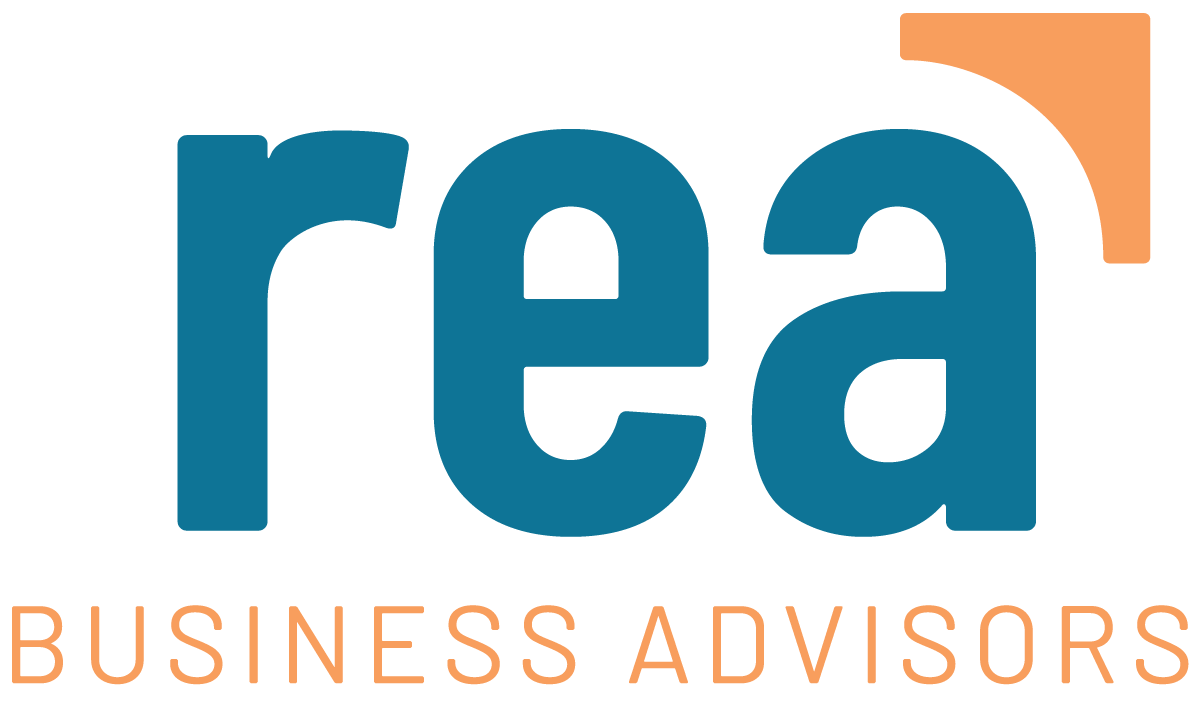
IRS To Target Solo 401(k) Plans For Non-Compliance
Like most organizations, the IRS works to meet a series of goals and objectives to achieve growth and sustainability and tasks departments and divisions within the organization to develop their own strategies designed to benefit the organization as a whole. This year, one strategy, in particular, is sure to put a few business owners on the hot seat. According to the IRS, the TE/GE (Tax Exempt and Government Entities) division has made a commitment to review solo 401(k) plans (traditional 401(k) plans that cover a 100 percent business owner with no employees, or the business owner and their spouse) in an effort to “determine if there are operational or qualification failures, income and excise tax adjustments, or plan document violations.”
Should Sponsors Of Solo 401(k) Plans Worry?
There are certain financial institutions that regularly offer to administer one-participant 401(k) plans for free. However, like most things, you get what you pay for. Unfortunately, when these plans are eventually audited, they often fail to comply with current IRS and Department of Labor (DOL) requirements. Therefore, if this sounds like your existing scenario, yes, you may have something to worry about. On the other hand, if your plan is being provided and maintained by a trusted third-party administrator, you are likely in the clear. Sure, you may be paying a nominal annual fee for the administration of these plans, but you’re truly paying for the peace of mind of knowing that your plan is in good, working order and meets all necessary compliance measures.
The good news, with regard to a solo 401(k) plan, is that they are virtually similar to other 401(k) plans. Plus, because there is only one participant – you – you don’t have to worry about compliance issues that traditionally apply to these types of retirement plans, such as minimum coverage and nondiscrimination testing, top heavy rules, and Title I of ERISA. On the other hand, the bad news pertaining to these types of plans occurs when businesses are caught straying outside of the solo 401(k) plan’s strict eligibility rules, which results in increased exposure to correction costs and sanctions.
Why Should Solo 401(k) Plan Sponsors Worry?
Once a plan has been selected for audit, there is really no correction program available if a compliance issue pertaining to your solo 401(k) plan is identified – your fines and penalties will simply have to be negotiated with the IRS. However, as you might imagine, the IRS will be in a stronger position to negotiate.
If you currently sponsor a solo 401(k) plan, read on to discover five key areas that could result in audit findings, fees, and penalties. And, if you would like more information or help reviewing your existing plan, reach out to your retirement plan advisor as soon as possible to minimize (and hopefully eliminate) your risk.
What An IRS Audit Might Reveal: Mind These Five Solo 401(k) Plan Faux Pas
1. You’re Solo No Mo
If you have hired an employee and they are eligible to receive benefits, your solo 401(k) plan is no longer applicable. Instead, you are now subject to minimum coverage, nondiscrimination, and top-heavy rules – not to mention ERISA reporting and disclosure requirements. If your business currently sponsors a one-participant 401(k) plan, but you have employees on the payroll, the IRS is sure to smell blood in the water and an agent may even be on their way. Remember, if your business has employees or if you plan to hire in the future, step away from the solo 401(k) plan option. This is especially important if any employee you hire is expected to work more than 1,000 hours annually.
2. Lack Of (True) Control
Even if yours is a solo act, if your business actually falls under the common control of another entity that is currently the workplace of common law employees, yours may not even be eligible for the solo 401(k) plan option. Instead, because the employees of the other business could ultimately be eligible for the benefits outlined in your plan document – you too are subject to the potential coverage, testing, and top-heavy issues mentioned earlier.
3. Missing Out On The EZ Requirement
As long as your plan’s assets come in at less than $250,000, sponsors of solo 401(k) plans are exempt from filing Form 5500-EZ. However, once your plan exceeds this threshold and you fail to fie the required form, the IRS and the Department of Labor will hit you with strict penalties that could cost you $250 per day, up to $150,000 for each late Form 5500 or 5500-EZ, plus interest. If you’ve already crossed the threshold, consider seeing out the DOL’s Penalty Relief Program for Form 5500-EZ Late Filers.
4. Not Just Pushing The Limits – Exceeding Them
Similar to their group 401(k) counterparts, solo plans are not allowed to exceed the dollar limit outlined within the Internal Revenue Code. In 2021, the limit stands is $19,500 (and $26,000 for those 50 and older). Furthermore, the 415(c) limit, which states “during a limitation year, the total of employer contributions, employee contributions, and forfeitures made for a participant cannot exceed the lesser of 1) $58,000 or 100% of the participant’s compensation” also applies. For those 50 or older, an increased catch-up limit will go into effect as well, which will bring their total contribution limit to $64,500.
5. Forgetting Your Plan Document
One of the most important responsibilities you have as a plan sponsor –whether you are the plan’s only participant or one of the hundreds of participants – is to maintain your plan document, which will help you ensure ongoing compliance. If you are aware of a problem with your plan document, before the IRS singles you out during an audit, consider fixing your mistakes voluntarily. You can learn more about this option on the IRS’s Employee Plans Compliance Resolution System webpage.
We Can Help!
Rea & Associates administers many types of retirement plans, including solo 401(k) plans for a nominal annual fee. This cost allows Rea’s retirement plan administration services team to ensure ongoing compliance. If you would like to learn more about Solo 401(k) plans and the projected influx of audits, contact us today.
By: Paul McEwan, CPA, MTax, AIFA (New Philadelphia CPA Firm)



